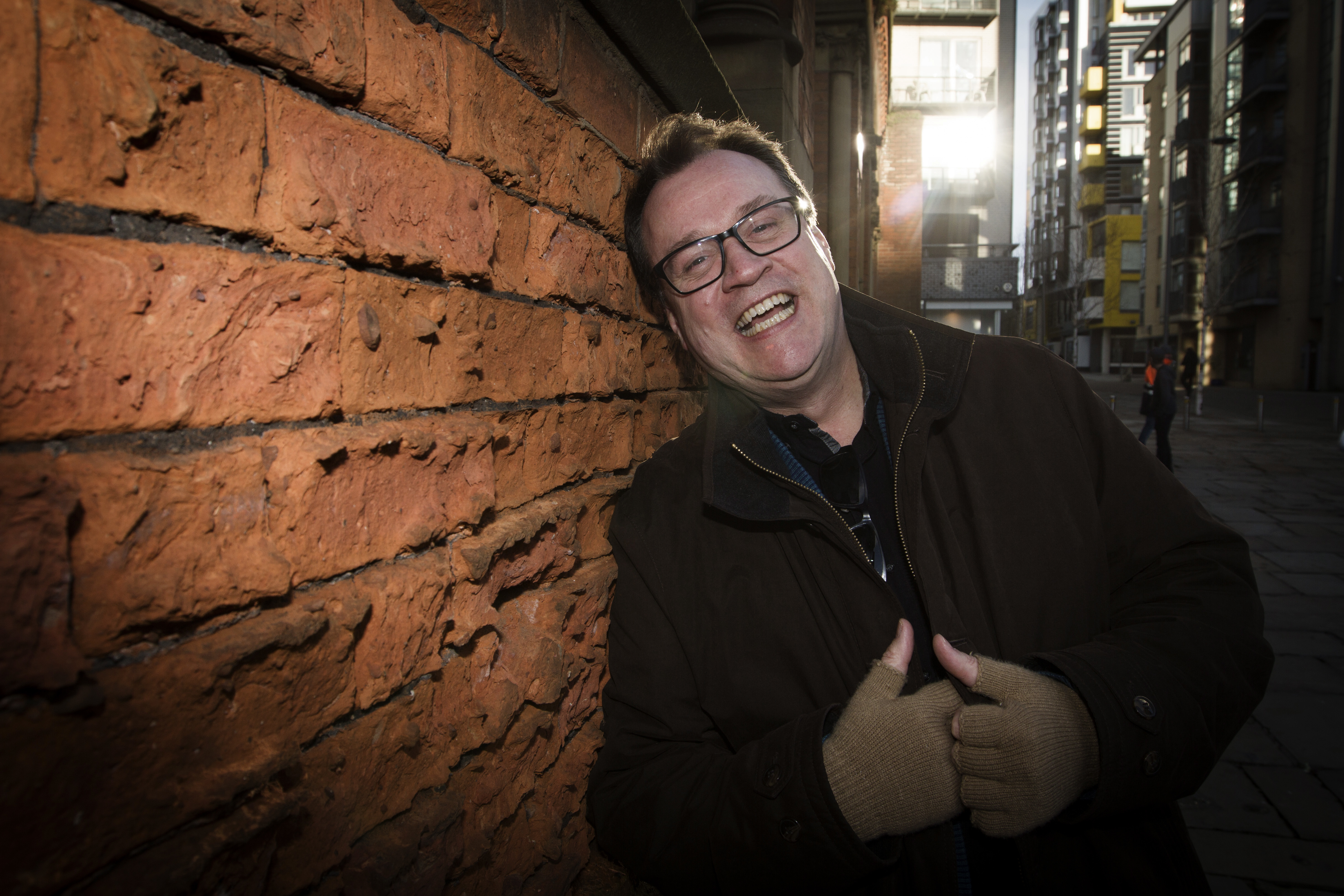It’s a Sin creator Russell T Davies eloquently explains why straight actors should never, ever play gay roles

British television screenwriter and director Russell T Davies. (Getty/Colin McPherson)
Russell T Davies has said he wants “authentic” gay representation in TV shows.
The former Doctor Who showrunner is known for creating a swathe of beloved LGBT+ TV, from Queer as Folk to Cucumber, and is getting ready for the release of new drama It’s a Sin.
The upcoming drama stars Years & Years singer Olly Alexander in the lead role, with the proud queer musician playing a gay teen who moved to London just before the outbreak of the AIDS crisis.
Speaking to Radio Times, the showrunner explained that he thinks “authenticity” is key when casting gay roles.
Russell T Davies: ‘You wouldn’t cast someone able-bodied and put them in a wheelchair’
He said: “I’m not being woke about this… but I feel strongly that if I cast someone in a story, I am casting them to act as a lover, or an enemy, or someone on drugs or a criminal or a saint… they are not there to ‘act gay’ because ‘acting gay’ is a bunch of codes for a performance.
“It’s about authenticity, the taste of 2020.”
He added: “You wouldn’t cast someone able-bodied and put them in a wheelchair, you wouldn’t Black someone up. Authenticity is leading us to joyous places.”

British television screenwriter and director Russell T Davies pictured in Manchester, 2016 ( Getty/Colin McPherson)
Davies has cast plenty of LGBT+ actors in queer roles before – including Ben Whishaw in A Very English Scandal and Russell Tovey in Years and Years, while also famously giving the world the gift of John Barrowman in Doctor Who.
However, it’s not a hard-and-fast rule through his past work, with plenty of straight actors also taking on LGBT+ roles.
It’s a Sin creator traded AIDS memories with Stephen Fry
It’s a Sin also stars Stephen Fry, who is set to play fictional Tory MP Arthur Garrison in the series.
While much of the show’s cast is too young to have lived through the AIDS crisis, Davies said that he and Fry had shared moments of reflection.
He said: “We had amazing chats off-stage. We’d sit and have a coffee and talk about the friends we lost, all of the funerals we’d been to, all of the lies that were told, and all of the people who survived.”
Fry said previously: “It’s a vital, beautiful story of friendship and joy set against one of the most devastating decades for the gay community.”

